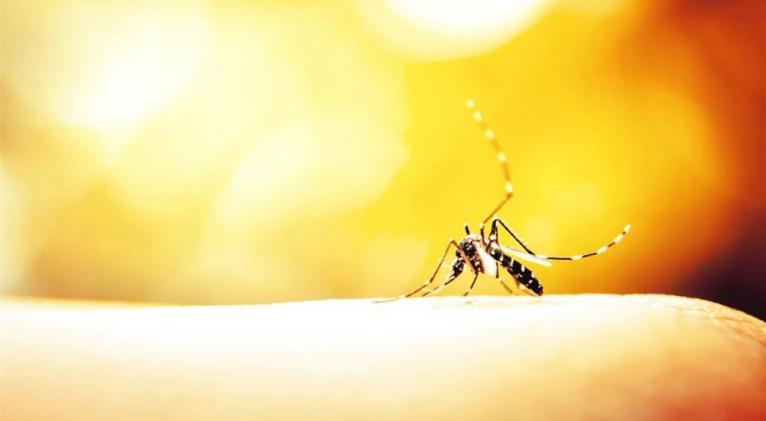Cuba Accelerates Research on Chikungunya Virus
especiales

HAVANA — Cuba is expediting the launch of scientific research related to the chikungunya virus, as part of a nationwide response in which science plays a leading role, according to official reports released today.
With extensive experience in vector control as a key strategic task, the Caribbean nation is implementing integrated actions under its National Arbovirus Control Plan, the Ministry of Public Health (MINSAP) stated on its Infomed portal.
The program brings together all socio-sanitary, preventive-epidemiological, and medical care components, with a special focus on the preparation, advancement, and continuous training of human resources.
These measures form part of a national strategy that aligns efforts from science, public health, and innovation, in response to the country’s complex epidemiological situation, drawing on lessons learned from the fight against the COVID-19 pandemic.
Dr. Ileana Morales Suárez, Director of Science and Technological Innovation at MINSAP, noted that the Health Innovation Committee has been assessing new actions in three main areas: reducing mosquito infestation rates, improving the clinical management of the disease, and minimizing or eliminating the aftereffects experienced by recovered patients.
Particular priority has been given to launching research on chikungunya, a relatively new disease in Cuba.
In the coming days, the first clinical study on this illness will begin, conducted at four hospitals in the provinces of Matanzas and Havana. The objective is to evaluate the effectiveness of the Cuban drug Juzvinza in treating persistent inflammatory joint symptoms in patients who have recovered from infection.
This study is part of the national health innovation system, designed to deliver rapid, safe, and sustainable responses to the country’s major epidemiological challenges.
The initiative brings together experienced biomedical researchers and young scientists committed to scientific development and the well-being of the Cuban population.
According to Dr. María Guadalupe Guzmán, Director of Research, Diagnostics, and Reference at the Pedro Kourí Institute, the recent rise in chikungunya infections is mainly due to the virus circulating at an unprecedented intensity, resulting in low immunity levels among the population.
Vector control remains a top priority, complemented by the design and assessment of prophylactic, therapeutic, and rehabilitation interventions aimed at addressing the virus’s impact in a comprehensive manner.
Health authorities reaffirmed that these investigations are part of a coherent response based on scientific evidence and the accumulated experience of Cuba’s public health system, which continues to rely on innovation, cooperation, and human commitment as pillars for protecting the nation’s health.














Add new comment